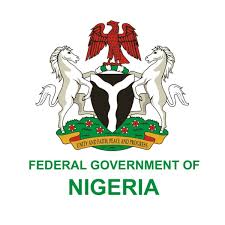
A civil society organization, the Nigerian Working Group on Peace Building and Conflict Prevention, has issued a warning that unresolved socio-economic issues in the country could lead to a revolt. The group expressed concern over the ongoing economic and social crises, which they say are pushing Nigerians to their limits. They urged President Bola Tinubu to acknowledge the widespread suffering across the nation.
The group’s National Coordinator, Adewale Adeoye, along with other regional coordinators, including Taiwo Adeleye (South-West), Werinipre Digifa (South-South), Abuka Omobaba (Middle-Belt), Kudu Abubakar (North West), Fred Onijika (South East), and Lawan Idris (North East), made these remarks in a statement provided to Sunday Vanguard.
The coordinators explained that the group had toured the six geo-political zones to engage with social and cultural organizations in an effort to prevent potential ethnic and religious violence that could further destabilize the country.
They highlighted three primary challenges facing Nigeria: the unresolved “national question,” widespread corruption, and a complete breakdown of trust in both public and private sectors. According to the group, these issues are the root causes of insecurity, ethnic clashes, and armed rebellion in various parts of the country.
The group emphasized the crisis of ethnic identity, aggravated by the struggle for control of national resources and wealth, which has led to intra-ethnic conflicts. They argued that while individual ethnic minorities might receive appointments, these measures do not address the deep-seated injustices they have faced for decades. The group called for a new, inclusive constitution that genuinely represents the interests of ethnic minorities, making them active stakeholders rather than passive recipients of laws.
Addressing corruption, the group called for the elimination of institutional barriers that sustain graft, such as the excessive salaries of politically exposed individuals and the extravagant lifestyles of private bankers and financial institution owners. They argued that corruption not only hinders development but also contributes to poverty, human suffering, extremism, and terrorism. They pointed out that the current legal structures, such as the allocation of substantial funds to lawmakers for constituency projects, perpetuate corruption.
The group concluded by warning that Nigeria stands at a crossroads, with inflation at 34.2%, essentials out of reach for the average citizen, and food security threatened in both rural and urban areas. They stressed that the threat to democracy is undeniable unless leaders take decisive action.
